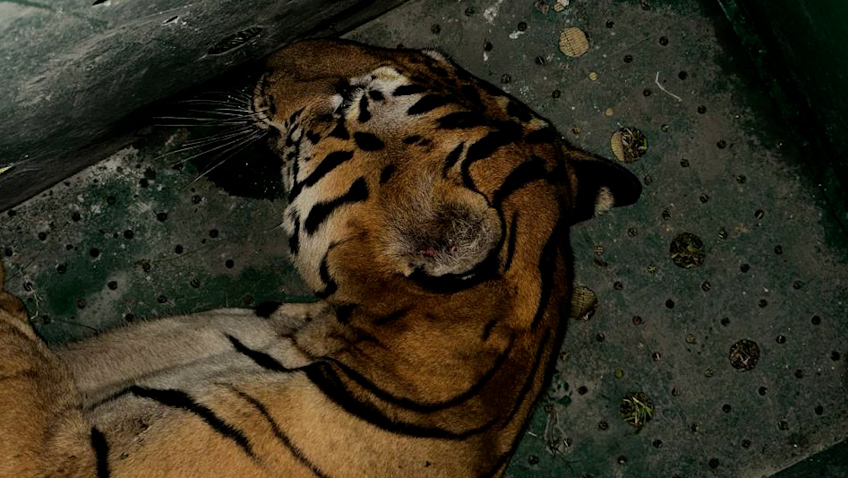Jaipur, Nov 6: Rajasthan’s Chief Wildlife Warden Pavan Kumar Upadhyay has said that 25 of the 75 tigers in Ranthambore National Park (RNP) are reported to have gone missing over the last year, directing officials to probe the matter.
Kumar also told officials in an order on Monday that 11 of the missing tigers have been reported missing for over a year.
This is the first time such a high number of tigers has been officially reported missing in a year. Earlier, 13 tigers were reported missing from Ranthambore between January 2019 and January 2022.
The wildlife department has formed a three-member committee to investigate the disappearances, as per the order. The team will review monitoring records and recommend action if any lapses by park officials are found.
The focus is on finding 14 tigers that have not been seen since between May 17 and September 30 of this year. The order stated that reports of missing tigers have surfaced repeatedly from Ranthambore’s monitoring assessments.
“Despite several notices sent to the park’s field director, no significant improvements have been noted. As of a report dated October 14, 2024, 11 tigers have been unaccounted for over a year, with limited recent evidence of another 14. Given the circumstances, an inquiry committee has been set up to investigate the missing tigers in Ranthambore,” the order said.
Chief Wildlife Warden Pavan Kumar Upadhyay said, “The committee will submit its report within two months. We have identified some monitoring gaps that we want to address. Recently, I started collecting weekly monitoring reports, which showed that these tigers were not recorded on trap camera. This matter is being taken very seriously.”
Efforts to ease pressure on the park include relocating villages from the buffer zone, but progress has been slow, with the last relocation taking place in 2016.
Park officials have said that Ranthambore faces challenges due to tigers’ overcrowding, which leads to fights over territory. With 75 tigers that includes young tigers and cubs the park’s 900 square kilometres is struggling to support them.
According to a study by the Wildlife Institute of India (2006-2014), the park can safely house around 40 adult tigers. (PTI)




